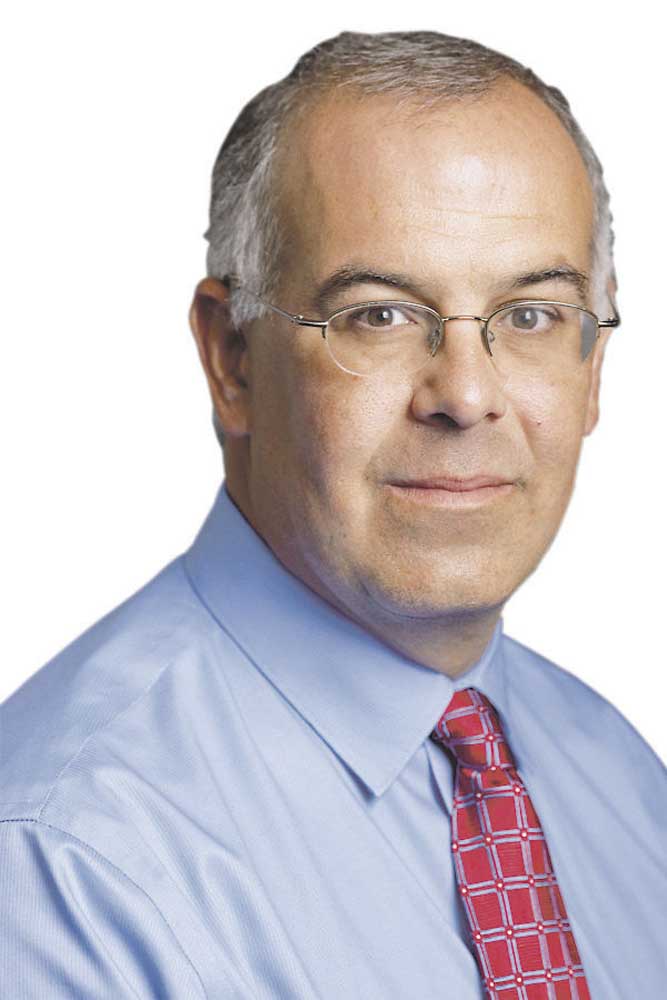Column: The year of unearthed memories
Published 12:00 am Saturday, October 29, 2022

- David Brooks(Josh Haner/The New York Times)
Childhood fears and adult traumas are stored differently in the brain than happy memories. They are buried like porous capsules deep in the primitive regions, below awareness and beyond easy reach of conscious thinking and talking.
There is a vast amount of psychological literature on the diverse ways people are held back by these hidden capsules. Often, they don’t feel fully grounded or empowered. Some people experience a longstanding but vague sense of unease about the crucial matters of life, a tangled, inchoate sense of depression in the heart that is hard to pinpoint and articulate.
There are hundreds of psychological methods that try to unearth the memory capsules and restore a sense of empowerment. The process is hard. As Judith Herman writes in “Trauma and Recovery”: “The conflict between the will to deny horrible events and the will to proclaim them aloud is the central dialectic of psychological trauma.”
But people with patience and resolve can look forward to a life in the sunshine. They face their fears, integrate the good and bad memories — recognizing that many different truths lie side by side.
The parallel is inexact, but peoples and cultures also have to deal with the power of hard memories. Painful traumas and experiences can be passed down generation to generation, whether it is exile, defeat or oppression. These memories affect both the victims’ and the victimizers’ cultures.
Many of the issues we have been dealing with in 2015 revolve around unhealed cultural memories: how to acknowledge past wrongs and move forward into the light.
The most obvious case involves U.S. race relations. So much of the national conversation this year has concerned how to think about past racism and oppression and the power of that past to shape present realities: the Confederate flag, Woodrow Wilson, the unmarked sights of the lynching grounds.
Many of the protests on campuses and other places have been about unearthing memory or asserting a narrative, or, at their worst, coercing other narratives into silence. There have been pleasant and unpleasant episodes during all this, but overall, you’d have to say this has been a good and necessary stage in the nation’s journey.
Unhealed cultural memories have shaped other policy areas. In the Middle East, Sunnis and Shiites are battling bloodily over competing pasts. In its sick way, the Islamic State is driven by historical humiliation.
Thus, we find ourselves involved at all levels in the therapy of memory. I’d only mention three concepts that might be useful going forward. The first is Miroslav Volf’s notion of soft difference. The person who feels diversity is filled with hard differences sees the world divided between his group and the alien. A demagogue like Donald Trump offers the following bigoted choice: submit or be rejected. The person who sees diversity as characterized by soft differences allows others the space to be themselves and sees his or her mission as one of witness and constant invitation.
The second is the distinction between blame and responsibility. Where there is blame, there must be atonement and change. If you emigrated from Norway to the United States last year, you’re not to blame for the history of racism, but as a new American, you probably have a responsibility to address it.
The third is the danger of asymmetric rhetoric. If one person in a conversation takes the rhetorical level up to 10 every time, the other person has to rebut at level 10 and turn monstrous — or retreat into resentful silence. Rhetorical passion, which feels so good, can destroy conversation and mar truth and reconciliation.
Even after a tough year, we are born into a story that has a happy ending. Wrongs can be recognized, memories unearthed, old hurts recognized and put into context. What’s the point of doing this unless you’re fueled by hope and comforted by grace?
— David Brooks is a columnist for The New York Times.






